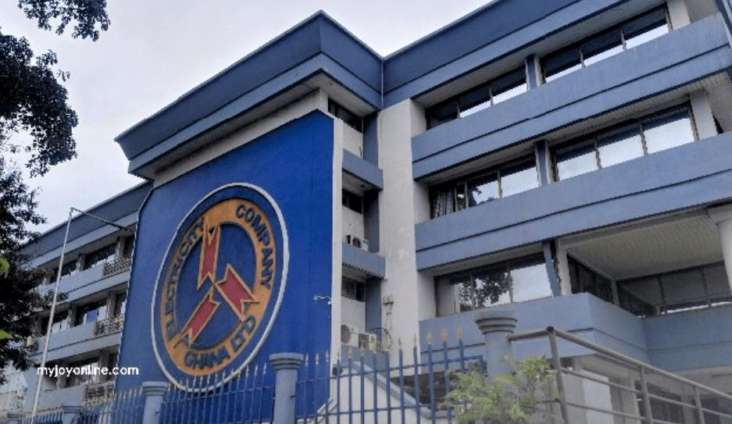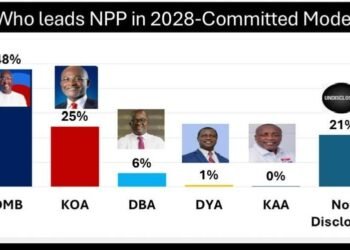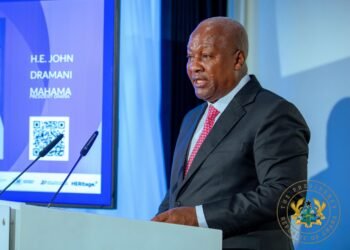Mensah Thompson, Executive Director of the Alliance for Social Equity and Public Accountability (ASEPA), has criticized efforts to link lawyers to the unfolding ECG scandal involving missing containers.
In his view, attempts to blame legal professionals like Dr. Dominic Ayine, current Attorney General, and Edudzi Kudzo Tameklo for the scandal are not just misplaced—they are, in his words, “not preposterous but smacks of an acute desperation to share political blame.”
Such blame-shifting, he argued, should be “not countenanced!” He urged the public to resist this wave of political opportunism and instead focus on the real custodians of accountability within ECG and the Ministry of Energy.
“The matter is that the job of lawyers is purely advisory to their clients, and clients are not obliged to accept the advice of their lawyers or, at the very least, implement it. At every point, they may decide to vary their actions against the sound advice of their lawyers, and that is their right.”
Mensah Thompson
He indicated that simply being associated with a client at some point in time does not make a lawyer responsible for that client’s every action, especially in large institutions like ECG.
Thompson further explained that ECG, as a corporate institution, operates with its own internal legal unit and only brings in external lawyers for specific cases.
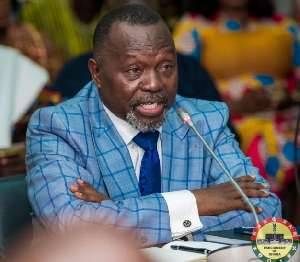
According to him, these lawyers do not run day-to-day operations or have oversight of departments.
“ECG is a corporate organization with its own internal workings, with corporate structures responsible for running the various departments of the company.”
Mensah Thompson
Crucially, he emphasized that individuals like Dr. Dominic Ayine cannot be conflated with their law firms.
“Ayine is not his law firm, and his law firm is not Ayine,” he stated, underlining the principle of legal separation and corporate identity.
That distinction, he noted, is often lost when political actors attempt to force-fit narratives that implicate people unfairly.
Focus To Shift To Real Power-Holders
Furthermore, Mensah Thompson believes that for the ECG scandal to be handled with the seriousness it warrants, the focus must shift to those who hold real power within the company.
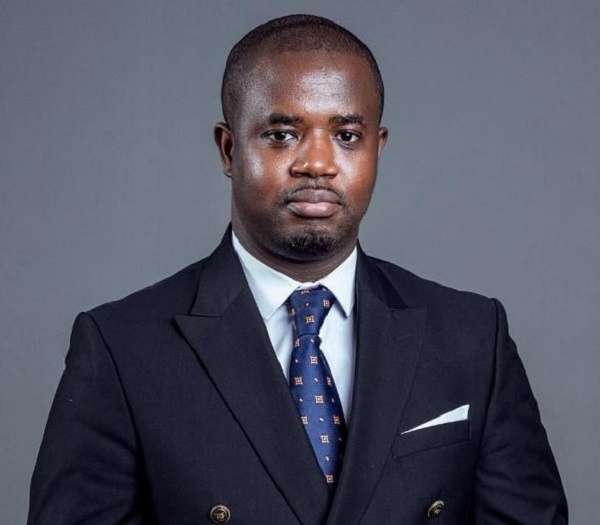
He argued that the spotlight should be on the individuals responsible for its administrative and financial operations.
“The criminal nature of these missing containers and the seriousness of the crime borders purely on persons with official responsibilities who decided to shed their duty against all sound judgement and corporate financial practices.”
Mensah Thompson
Accordingly, he emphasized that the core issue lies in understanding how senior officials, tasked with key fiduciary roles such as overseeing procurement, storage, and financial transactions, permitted such a serious lapse.
In his view, scrutiny should be directed at those in top leadership positions, including the former Minister for Energy responsible for ECG, the former ECG Board Chairman, the Managing Director at the time, as well as the Directors of Finance, Procurement, and Stores.
According to him, these individuals, not external lawyers or advisors, were responsible for maintaining checks and balances and ensuring transparency in ECG’s operations.
Thompson also warned that the current attempt to implicate lawyers in the scandal is a distraction from deeper systemic issues. “The fact that they work on a specific case does not mean they are involved with everything that goes on in there.”

As such, he pushed back against the idea that every consultant must own the actions of their client.
What’s at stake here isn’t just justice for a potential multi-million-cedi theft; it’s the credibility of Ghana’s efforts to fight corruption.
When the wrong people are targeted for political convenience, the actual perpetrators often escape scrutiny—and continue to operate with impunity.
This is precisely why the politicization of the ECG scandal is so dangerous. Public discourse must remain focused on the people with direct administrative and financial control.
Ghana’s institutions must be strong enough to follow the trail of accountability without being influenced by political affiliations or smear campaigns.
The Ghanaian public deserves answers—not distractions. The scandal at ECG, involving missing containers and possible financial mismanagement, raises serious questions about oversight, procurement integrity, and state accountability.
But trying to deflect that scrutiny toward unrelated legal professionals only delays justice.
Thompson’s call is clear: If Ghana is to root out corruption, leaders must confront it where it lives—not with lawyers that offered legal advice years ago, but in boardrooms and ministries where decisions were actively made, budgets signed off, and responsibilities neglected.
READ ALSO: GSE Rallies as Bulls Roar, Reversing Market Setbacks

